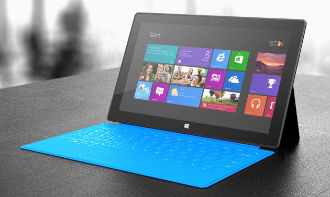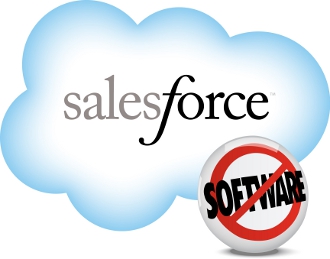 Resellers have cautiously welcomed some parts of the Budget, saying elements could help smaller businesses and the IT industry.
Resellers have cautiously welcomed some parts of the Budget, saying elements could help smaller businesses and the IT industry.
However, they have warned that by giving benefits and breaks to SMEs and start ups larger companies may find room for complaint.
The comments come as Chancellor George Osborne set out plans to drive the economy by offering SMEs reductions in National Insurance.
The latter was described as a “tax off jobs,” offering every company in the UK the option to take the first £2,000 pounds off their National Insurance bill.
Additionally, he said the Coalition will provide funding for any external advice companies needed.
According to Osborne, roughly 450,000 small businesses could end up paying no jobs tax at all under the new outlines. He said that for those starting their own businesses and looking to employ staff, “a huge barrier would be removed” when the legislation passes next April.
Responding to the budget, a source at a large reseller told ChannelEye the £2,000 credit against employer’s NI contributions is “a great initiative” and “could also help start-ups too”.
“Not so good for bigger firms who may in the long run face competition from the up and coming businesses with smaller overheads offering cheaper IT services,” the source said.
Another added: “I suppose it’s good that the budget is proposing a cut in corporation tax and boosts for SMEs, however, whether that will pay off remains to be seen.”
Both resellers queried plans to hold off infrastructure plans until 2015, which the Chancellor hinted at when he claimed that, although the government planned to support the economy with the infrastructure it needs, he would only look at throwing £3 billion a year at broadband and mobile telephony investments from 2015 to 2016.
“The reduction in the growth outlook means there will be no new money for infrastructure until 2015/16,” this large reseller told us. “This means we are left in limbo as an economy. This will have a knock on effect on the IT sector, which thrives through new initiatives and businesses.”
The other added: “The Budget is more focused on helping smaller businesses, so surely delaying this could have a knock on effect on the economy”.



















